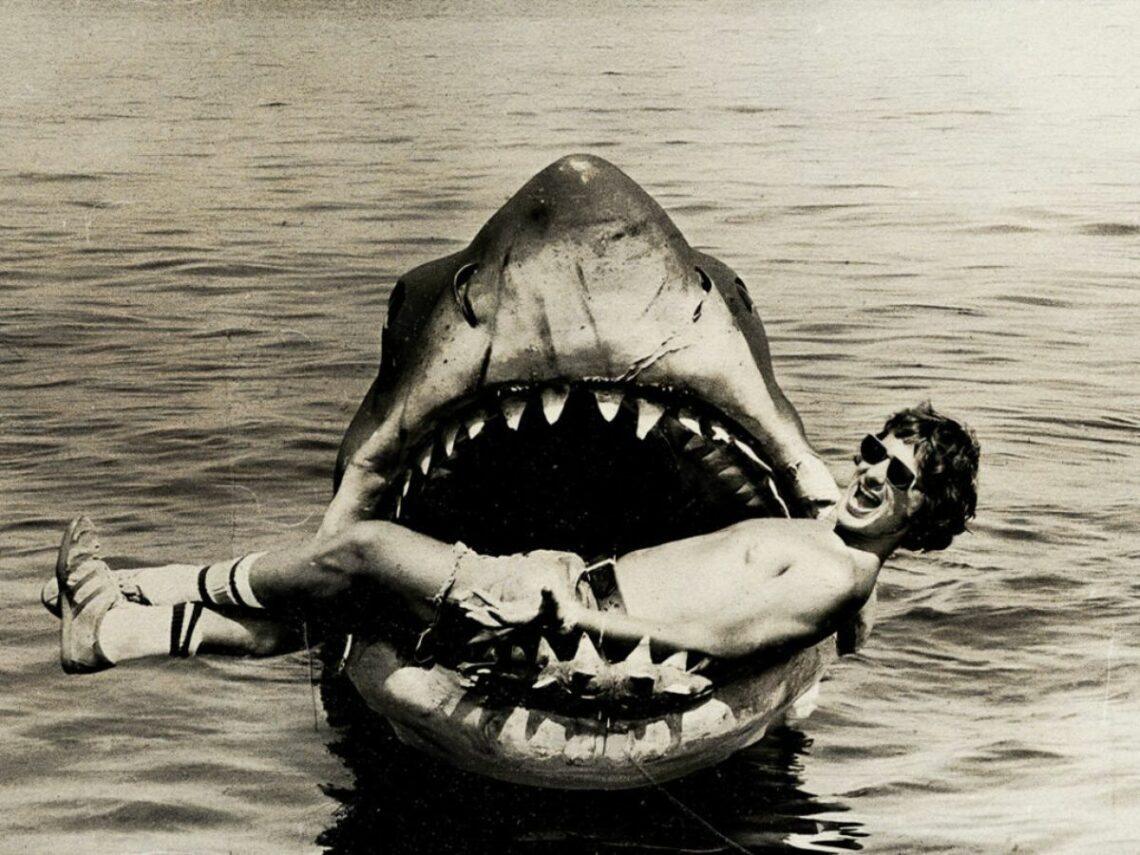If difficult productions always resulted in bad movies, Richard Dreyfuss would have every reason to consider his work on Steven Spielberg’s Jaws as one of the lowest points of his career.
After all, the shoot was plagued with setbacks from the very beginning that saw the filmmaker’s shark attack thriller go wildly over-schedule and enormously over budget, never mind the mechanical killing machine intended to strike fear into the hearts of audiences experiencing its own set of technical issues.
Things weren’t particularly rosy for the cast, either, with the off-camera frictions creating an uncomfortable environment, which even cast doubt among the ensemble that the film they were making seemed destined to go down in the history books for all the wrong reasons.
Of course, the complete opposite happened when Jaws became the highest-grossing release in the history of cinema, revolutionising the industry with its marketing blitz and wide opening, eventually becoming known as one of the most important and influential American features that have ever been made.
Dreyfuss wasn’t convinced at the time, though, after admitting to CBS News he was under the impression “I had given the worst performance in the history of celluloid”. Part of that self-doubt came directly from co-star Robert Shaw, who repeatedly butted heads with his castmate and their completely different approaches to the acting profession.
Shaw was an established name with classical training, whereas Dreyfuss was a young upstart who preferred a more method approach to getting into the mindset of his characters. According to Roy Scheider, “Shaw really thought that Dreyfuss need a real sleeping down,” believing him to be “a young punk with no stage experience.”
Treading the boards isn’t necessarily required for a movie about a shark, but that didn’t prevent the two from continuing their feud. Dreyfuss would describe Shaw as being “possessed by some evil troll who would then make me his victim” on their way to set, which reached a head during shooting of the famous Indianapolis monologue.
Spielberg shared how Dreyfuss grabbed a glass from Shaw’s hand and threw it out the window of the boat, which he called “the shot heard around the world” for the way it completely altered the atmosphere and attitudes of the assembled cast and crew, with retribution coming when Shaw stood behind the camera during one of Dreyfuss’ scenes while menacingly pointing a fire extinguisher at his face.
The tension between Hooper and Quint is palpable, which didn’t require much acting at all, looking at the underlying resentment between the stars who brought them to life on-screen. Dreyfuss spoke highly of Shaw in the aftermath, but it’s impossible to imagine he had a kind word to say once Jaws finally called it a wrap.
